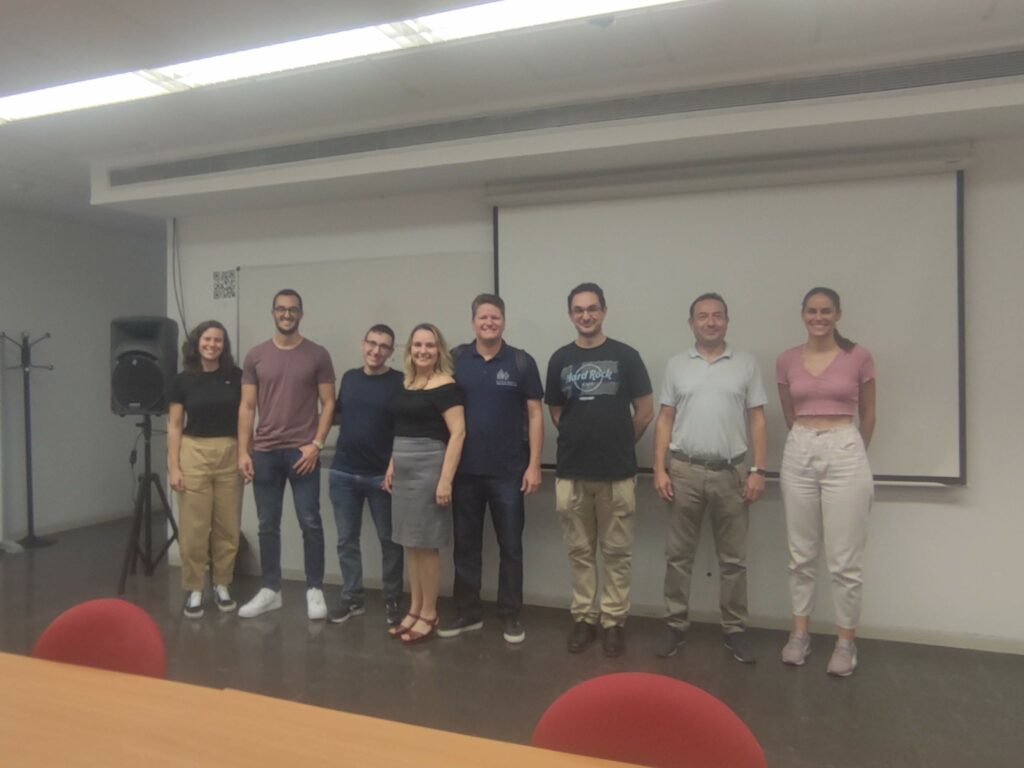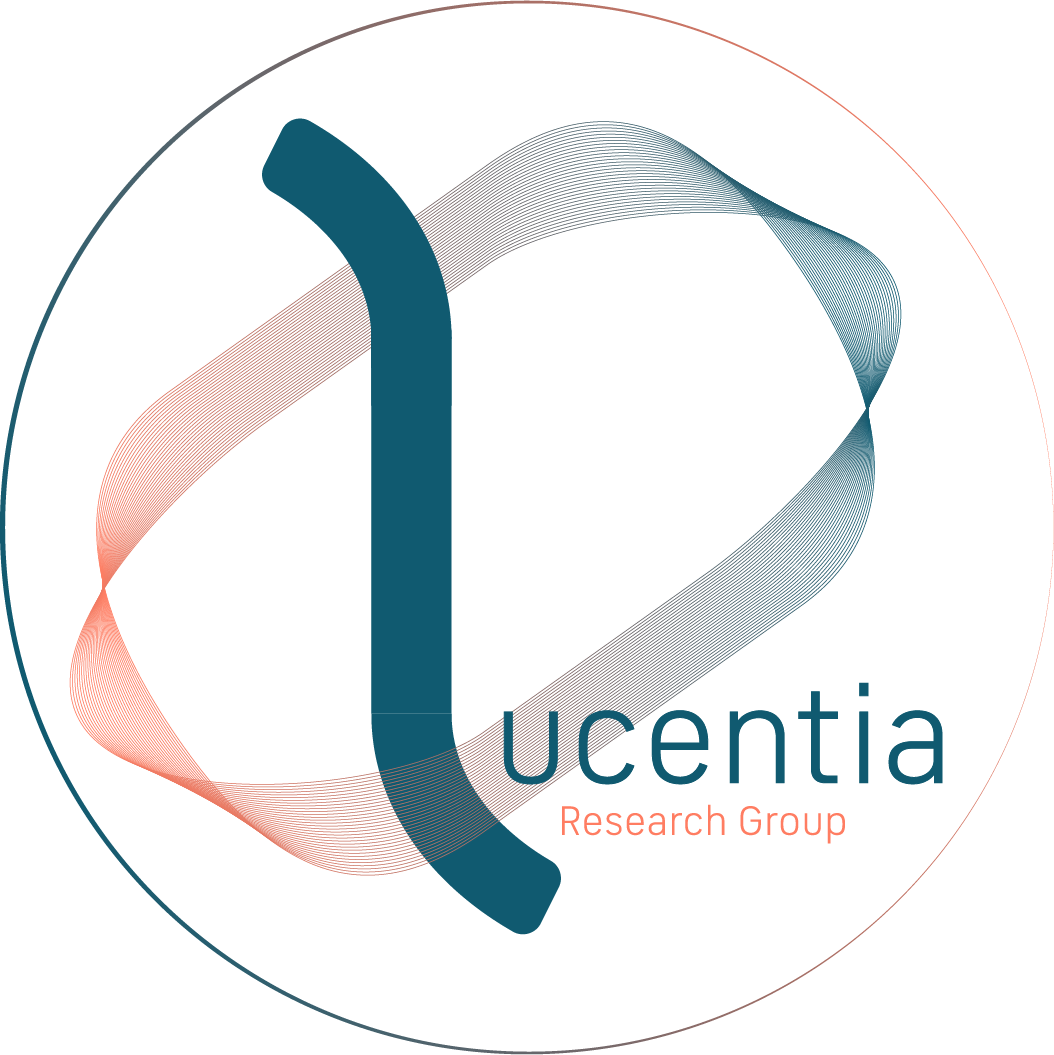We received the visit of Giancarlo and Renata Guizzardi, renowned researchers from the University of Twente, focusing on their respective lectures on semantics and ontologies

Last week, from 17th to 21st October, we received at Lucentia Research Group the visit of researchers Giancarlo Guizzardi and Renata Guizzardi, both from the University of Twente (The Netherlands). During this visit, we were able to have a talk from each of the experts on #semantics and #ontologies.
Giancarlo Guizzardi is a full professor at the Digital Society Institute of the University of Twente (The Netherlands), where he heads the department of #semantics, services and cybersecurity. Prior to that, he was full professor of computer science and director of the Cognitive and Conceptual Modelling (CORE) research group at the Free University of Bozen-Bolzano, South Tyrol (Italy). His main lines of research, on which he has been working for more than 25 years, are: #ontologies, #conceptual modelling and #business semantics. Giancarlo has been one of the main contributors to the development of the Unified Foundational Ontology (UFO) and the OntoUML language. One of the sectors on which he has focused his research is health, which is of particular importance for Lucentia.
Renata Guizzardi is Assistant Professor at the Faculty of Social, Management and Behavioural Sciences (IEBIS group) at the University of Twente (The Netherlands). In addition, Renata is a founding member of the #ontologies and #conceptualmodelling (NEMO) research group and the Laboratory of Support Technologies for Collaborative Networks (LabTAR) at UFES, Brazil, where she held the position of full professor from 2009 to 2016. She has also been a visiting professor at the Bruno Kessler Foundation (FBK) in 2006 and 2018, and at the University of Trento (Italy) in 2013 and 2014. In 2018, she was a senior research associate at the University of Bristol (UK) and, in 2019, she was a lecturer at the University of Trento (Italy). Her main research areas include #requirements engineering, #ontologies, goal-oriented modelling and knowledge management.
Giancarlo Guizzardi gave the talk “Next-Generation Ontology-Driven Conceptual Modelling and the Challenge of Trustworthy Semantic Interoperability”, focusing on the main challenges of #conceptual modelling, #semantics and #ontologies. We highlight from his contribution the problem of semantic interoperability, key to the development of #conceptual #models of reference. Guizzardi also confirms that if this is to be effective, it will require knowledge of the relationship between the ontological commitments assumed by different representations of reality and the systems based on them. The tools that the researcher states are necessary for the construction of these #conceptual #reference models are theoretical, modelling languages based on #ontologies, methodological and computational.
Renata Guizzardi, in her paper, proposed an approach aimed at #requirements engineers entitled “Requirements Engineering for Ethical Systems: An Ontology-based Approach”. In particular, she presented a series of concepts for improving the #ethics of systems and different examples of possible ethical conflicts that can arise with the use of these. She insisted on the emergence of new #requirements as a consequence of new classes, such as #ethics. Thus, the researcher shows that #requirements engineers will not understand the concepts before starting to work with these new classes, so she proposes a methodology based on the adoption of an #ethics #ontology that entails the mastery of the quality of #ethics, which completes the #ethics for the future system and performs a #requirements analysis based on the #populated #ethics.
From Lucentia, we have felt privileged to be able to count on the visit of these two specialists, as their statements in the talks have helped us to continue advancing in our research.
